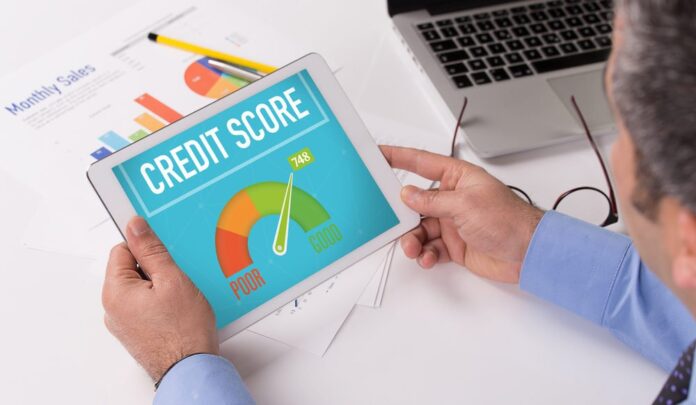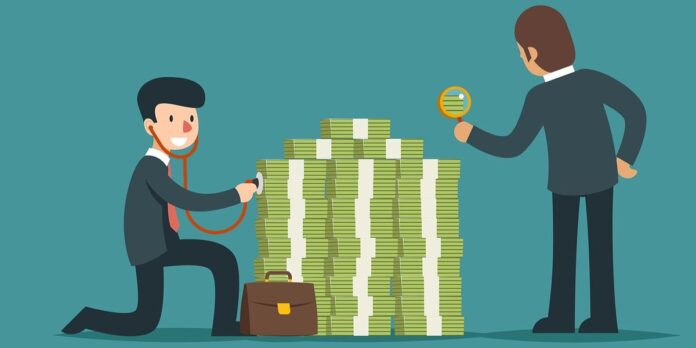The maxim “Money can’t buy happiness” is true to an extent, but not completely. Money is a necessary commodity in our society. You need money for housing, food, gas, clothes, and much more. Lacking such basic necessities can be extremely stressful, which can deprive you of your happiness.
In addition to paying for the bare necessities, money helps you pursue hobbies, attend special events, and travel the world. But what if you don’t have the money you need to live the life you dream of yet?
Now is the time to improve your financial life so you can take control of your destiny. Whether that means getting out of debt, buying a home, or financing a European vacation, these tips will help you get there:
1. Raise Your Credit Score

You could have all the money in the world and still have a low credit score. Your credit score impacts several aspects of your financial life, including:
- Your ability to take out a loan
- Earning lower interest rates on loans and credit cards
- Qualifying for certain apartment contracts
- Obtaining better rewards and credit limits from lenders
Even if you have plenty of money for your needs, high interest rates alone can wipe out your extra cash. Your credit score is affected by your payment history, length of credit, and credit utilization ratio among other things. Keep these in mind when building up your credit.
The most important thing to do is make all of your payments on time and not acquire any credit card debt. You can also look into a credit builder card to fix up your credit history and raise your score. According to Chime, people who used their credit builder card were able to increase their scores by an average of 30 points.
2. Start Generating Passive Income

Working a salaried job has its financial limits. You can only work so many hours per week, and your wages can only get so high unless you’re an entrepreneur. That’s why almost all self-made millionaires have one thing in common: passive income.
Passive income earns you money with little to no extra work. It augments your income allowing you to accomplish more with your finances in the same period of time. For example, you can earn money while working zero hours by renting your extra space for storage with a neighbor. Do you have a teachable skill? Build a course then set it up to sell online so you can earn passive income from your content.
One of the most common and effective forms of passive income is real estate. If you own property, you can charge rent that covers your expenses and puts money in your pocket. Best of all, you can eventually sell the rental as its value increases and get a bulk return on your investment.
3. Plan for Retirement Right Away

If you’re in your 20s or 30s, you might not be thinking about retirement quite yet. While you still have several decades ahead of you, you can achieve much loftier retirement goals if you start planning now. That way your retirement savings will have more time to build up interest. Plus you’ll be able to make additional contributions by starting earlier.
Just take a look at the following numbers to get an idea of how important it is to plan for retirement immediately. If you set aside 10% of your income at age 25, you could have $1 million in your retirement fund from savings alone. That number is almost cut in half if you start saving 10% at age 35 to an estimated $543,000. That’s a massive difference over only a 10-year gap.
Investments will make retirement a lot easier as well. The interest rate you get from a savings account won’t keep up with inflation rates. So your savings won’t grow as quickly as you would like. A 401k or other investment account involves some level of risk but will give you a better return on investment over time. Look for ways to balance the two when planning for retirement.
4. Understand Your Debt

Debt can feel scary or overwhelming. Student loans, credit card bills, and car payments burden a vast portion of the American population. This debt prevents them from making advancements in their financial lives, often keeping them trapped in one place for years.
Getting rid of debt is a major key to financial success. However, understanding how debt can be used to your advantage is also an important lesson to learn. Not all debt is bad if you use it correctly.
The example of real estate as passive income is a perfect example. Few people have the funds to just buy a house or apartment to rent out. Typically you’ll have to take out a loan and supplement the purchase with a down payment. By taking out debt, you’re building equity and increasing your income. In this case, debt is helping you out instead of weighing you down.
5. Weigh Every Single Option

Good things come to those who wait. People who are patient with their finances are typically those who come out on top. This isn’t just because they avoid frivolous spending and impulse shopping. It’s because they weigh all of their options before making a decision.
For example, you might have selected a bank based on how close its location was to your house or place of business. While convenient, you might be missing out on better rates and lower fees at a competing bank across town.
You might also jump on a deal as soon as you see it before looking around for more options. Some businesses will match any deal you find, giving you higher quality goods and services at a lower rate. This will also help you get better rates on loans, subscription services, and recurring payments such as insurance. So it pays to compare offerings before making a final decision.
If taking control of your financial life was easy, everyone would be rich. Take matters into your own hands by being intentional and proactive with your finances starting today.









